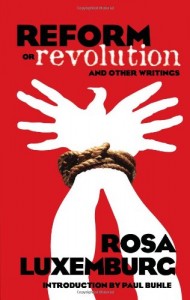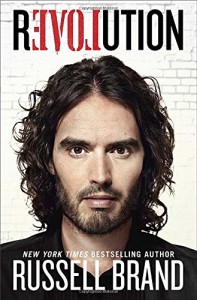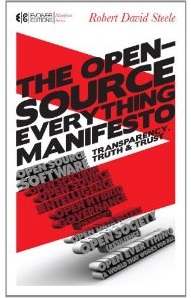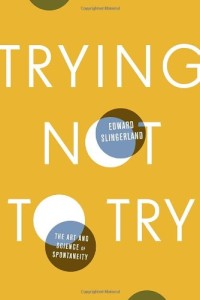
Rosa Luxemburg
4.0 out of 5 stars Tedious, Some Valuable Provocative Original Thinking, March 6, 2015
I bought this book along with On Marx: Revolutionary and Utopian (Liveright Classics) at Powell's in Portland, one of the truly great bookstores in the USA along with the Tattered Cover in Denver (which is a tenth the size of Powell's). I bought it largely because of its focus on the general strike versus the partial strike as a tactic that might or might not be possible depending on the country and where it is in its economic degeneration.
Although I received a very good education in political thought from Charles Bednar at Muhlenberg, I confess that it is only now at 63 that I have realized that most of what our government, media, think tanks, and even universities offer in the way of commentary on “political economy” is ideological crap — they do not do their homework, they really have no clue, and they get away with it because everyone else has no clue either.
Continue reading “Review: Reform or Revolution and Other Writings”







